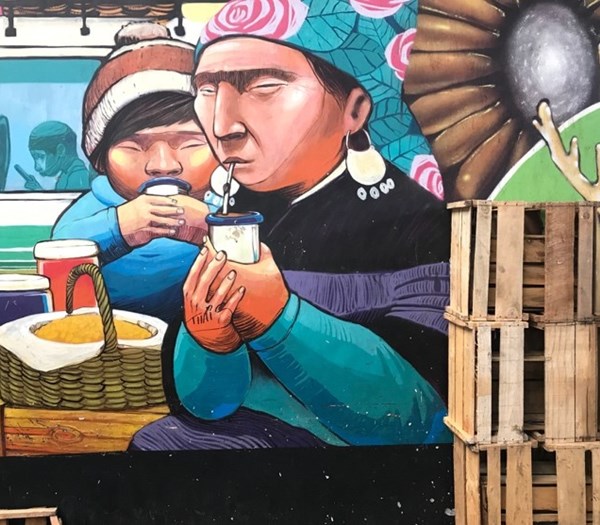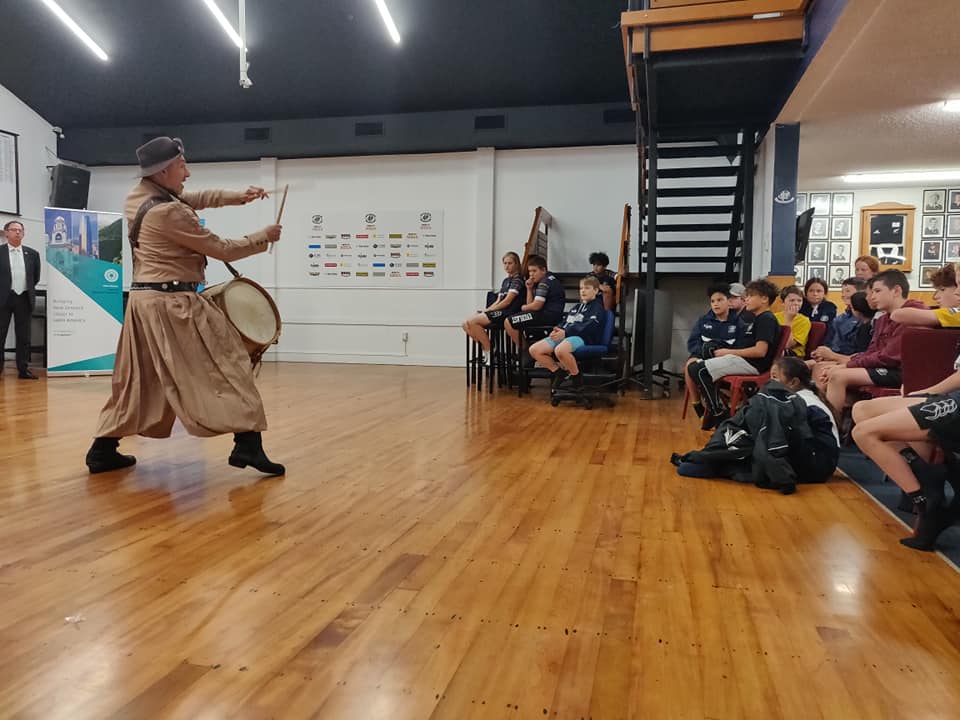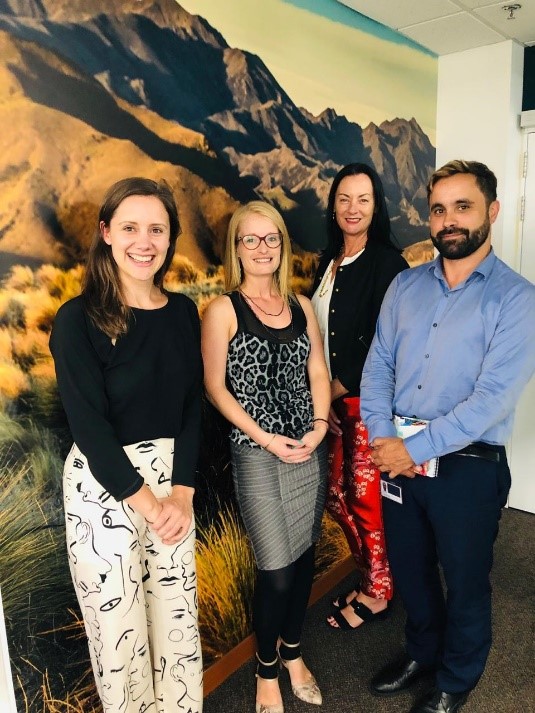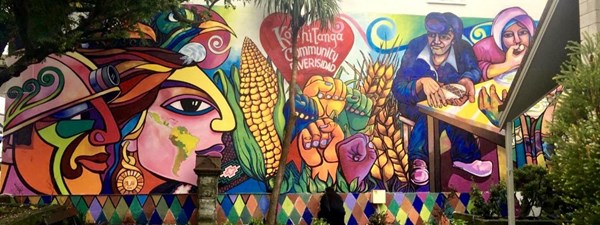Since the establishment of the Latin America CAPE, the University of Waikato has sought to understand what works best for building teachers’ Latin America knowledge and country specific capabilities in New Zealand. Our recently published Situational Analysis shows that CAPEs initiatives need to be compatible with existing teaching and learning programmes, based on authentic relationships with people and place, and develop sustainable partnerships for long-term learning and growth. Chris Henderson, Associate Director of International Education and Development, discusses our upcoming school engagement activities here.
The University of Waikato team is developing a number of CAPEs-specific resources and initiatives for teachers, informed by the OECD Global Competence Framework. This framework looks at the skills, attitudes, values, and behaviours needed to learn and work successfully across cultures and contexts. Teachers will soon be able to self-assess their readiness to integrate Latin America relevant knowledge and skills into their learning programmes via a number of resources under development:
- Mapping of the New Zealand Curriculum against the OECD Framework will help teachers understand how and where they can introduce Latin America to their school’s curriculum
- A Resource Directory will guide teachers towards materials and research to support the design of engaging Latin America-focused learning activities
- NCEA assessment standards are being re-contextualised for senior secondary teachers with Latin America countries as case studies.
Indigenous Education Leaders Partnership (IELP)
I have recently returned from Chile’s Araucanía region where I met with the Ministry of Education, UNESCO, universities, and Mapuche organisations to scope possibilities for IELP. The response was overwhelmingly positive, with New Zealand perceived as a global leader in indigenous education and language revitalisation.
The Mapuche people are the largest First Nations group in Chile and predominantly live in the south of Chile. In July 2019, Waikato will collaborate with ten kaiako (teachers) and tumuaki (school principals) from kura kaupapa māori (Māori language immersion schools) to establish partnerships with schools and universities in Araucanía.


Through a series of workshops and school placements, we will explore aspirations and strategies for indigenous achievement in our respective education systems. With University of Waikato facilitation, schools will then continue working together long-term to nurture knowledge and skills for indigenous enterprise and community development.
Across all school engagement activities, our focus is on evidence, coherence, and connectedness. This means that common language and methodology informs our design and delivery, and that Waikato’s work also complements the objectives and outcomes of the Latin America CAPE’s business and public engagement programmes.


